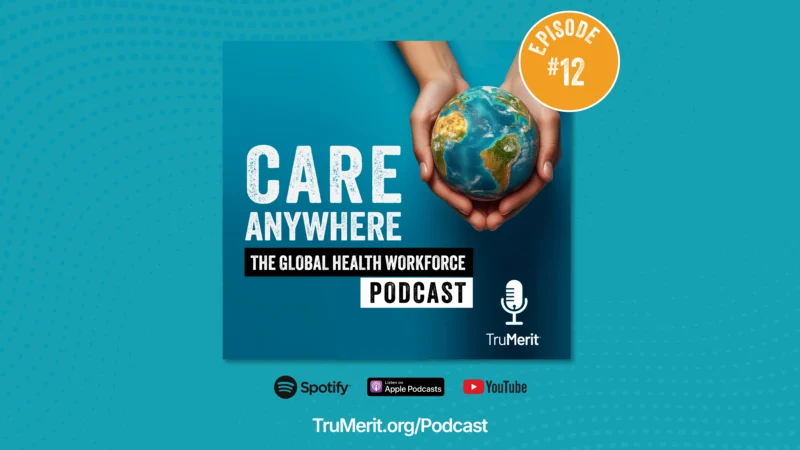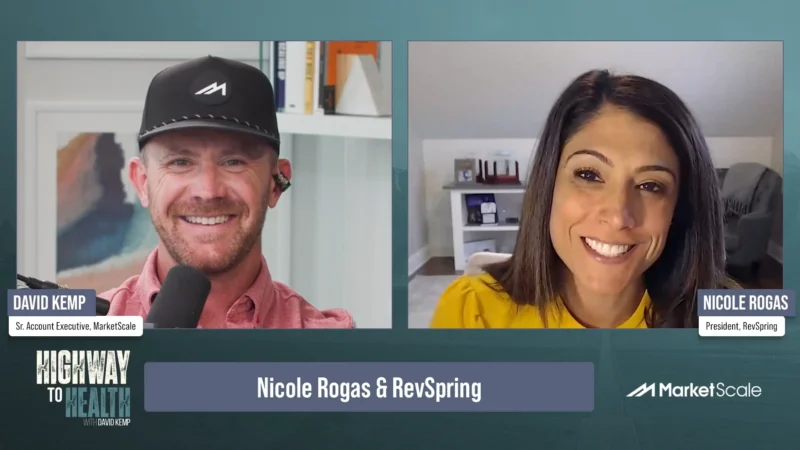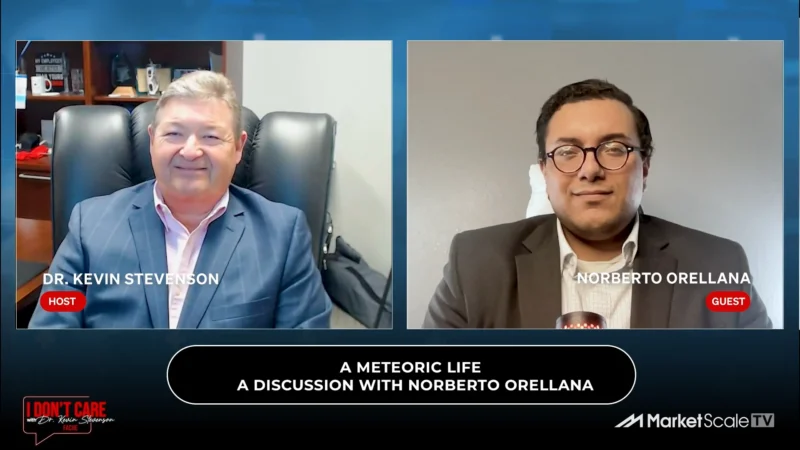Improving the Patient Experience in Cancer
As the healthcare industry becomes more saturated with big data, the search continues for data that can inform decisions that positively impact the experience and outcomes of patients with cancer. Big data, defined by large datasets with substantial numbers of patients and a wide array of clinical and claims data, can support certain types of statistical analyses. However, these datasets are limited because their datapoints are discrete, providing only sequential snapshots of a patient’s health status, without a more continuous assessment of the patient’s experience on treatment, which can only originate from the patients themselves.
Our Fierce webinar is geared to individuals across the life science value chain who see the benefit of patient-reported outcomes (PRO) in cancer care, including HEOR, Patient Centered Outcomes and Real World Data experts. Ethan Basch, MD (a leading PRO researcher and oncologist), Stacie Hudgens (CEO of COS, a Carevive partner with expertise in PRO research and analysis) and Carevive experts, will illustrate how life science stakeholders can use these data to answer important questions about the experience of real world patients with cancer.
In this webinar we will accomplish the following:
Explore – Why do we measure patient experience?
Evaluate – How do we measure it?
Observe – What does the experience of a patient with cancer look like?
Implement – What can different healthcare stakeholders do with our data to improve patient care across the life science value chain?




